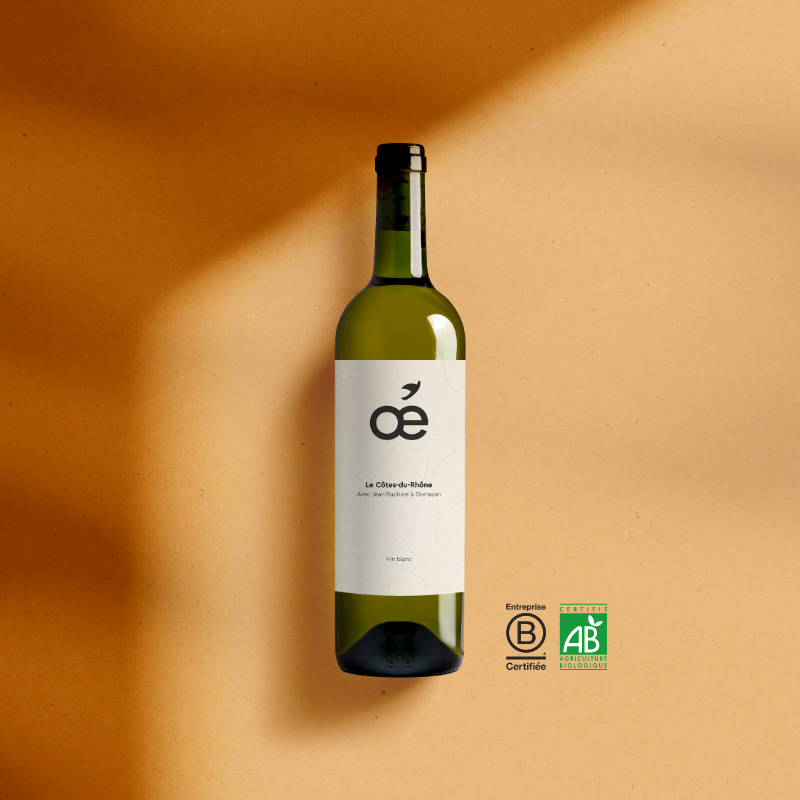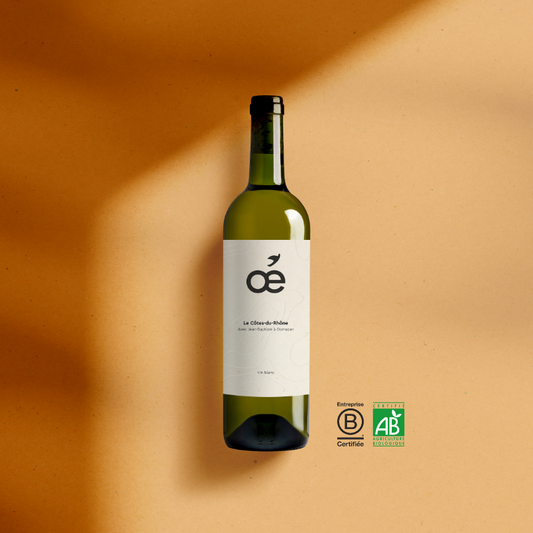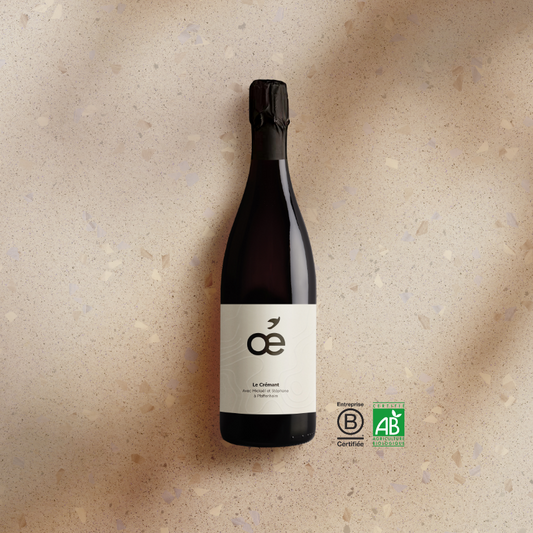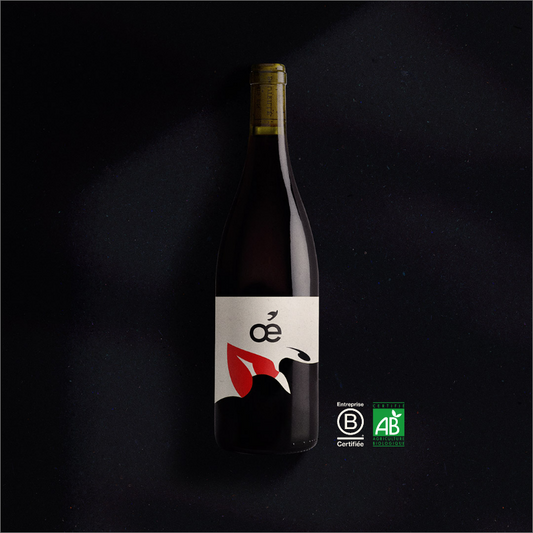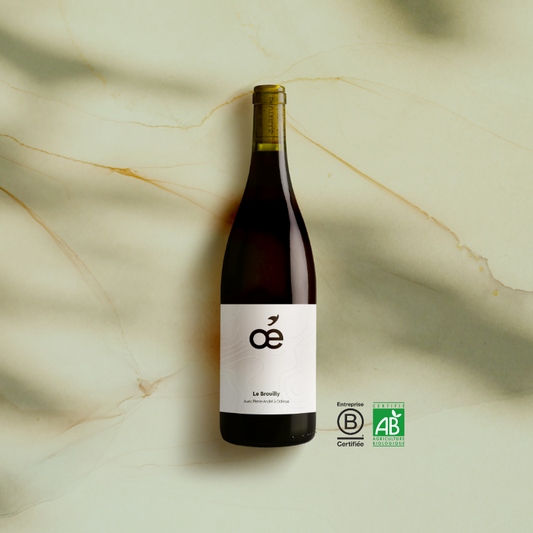Hot cocoa, hot, hot, hot chocolate… We all love the summer heat that makes us want to dance to all those frenzied songs, but the more the years pass, the more the heat becomes unbearable.
Global warming . He is indeed there, no doubt. And today, I chose to talk to you about the future of wine in the face of this damn climate change.
France is the second largest wine producer in the world with 46.6 million hectoliters in 2020 after Italy. So we asked a lot of questions. “ How are we going to do without this noble beverage ?”, “ What's the good of living if you're hot and no more good rosé to toast? ”.
We invite you to learn a little more about the means put in place to try to limit this global warming and the impacts it will have on wine.
The Paris Agreement, a winning bet?
The Paris agreement does not concern the 2024 Olympics. Nor is it an agreement with Real Madrid to finally let Paris win the Champion's League.
The Paris Agreement is a legally binding international treaty on climate change. It was adopted by 196 parties at COP 21 in Paris on December 12, 2015 and entered into force on November 4, 2016.
To put it simply, if the Paris agreement is implemented effectively, the climate will not be very different in 2050 from what it is today (+1.5°C max). The pessimistic scenario predicts +2°C to 2.5°C. If the climate were to drift in the decades to come, societies would be put to the test in many areas of activity, and well beyond that of viticulture.
To give you an idea of the scale of the task to be carried out: succeeding in the Paris agreement means that in 2050 we will not emit more CO2 than in 1950 (5-10 billion tonnes compared to 35 billion tonnes today).
The only change between these two eras is that the world's GDP will have multiplied by 10 and the world's population will have multiplied by 3. Slight change which makes this agreement a little “hot” to achieve (no pun intended;) )
Changes, really?
Early harvests
One of the changes caused by global warming is the advancement of the harvest date. In 50 years, the harvest has advanced by a month. With the increase in temperatures, flowering occurs earlier in the vines , which can prove problematic in the event of frost. Winters are becoming milder, with no negative temperatures. The vine starts very quickly and the buds appear early. But in April it is often the disaster. There are episodes of cold with temperatures reaching -3°C. At this stage, the bud is very sensitive and the vines freeze too.
To add an apocalyptic side, it is not the heat the main problem of the decade, but rather the lack of water which will impact the vineyards the most . Yes yes, we love to cheer you up ;).
Super varietals?
I'm not talking about varieties that can fly with their capes and superpowers.
But it is clear that the climate and the drought make life difficult for the different grape varieties. Experiments are underway to develop much more resistant grape varieties . The National Institute of Origin and Quality has authorized the AOC (Appellation d'Origine Contrôlée) Bordeaux and Bordeaux Supérieur to test six new grape varieties. Similarly, in Languedoc, Italian and Greek grape varieties are tested, known to be later and drought-resistant.
Experiments are also underway to create varieties that are more resistant to drought, but this takes about fifteen years to obtain a result because the variety is obtained by successive crossing . A bit like canine crossbreeding, we may have white and black Dalmatian grapes…
Another way to adapt to drought is to use rootstocks . I can already hear a small voice say “ What is a rootstock ?”.
Very simply, it is a plant on which the grape variety is grafted, which allows deeper rooting and better water capture .

Access to water becomes a major issue for the survival of the vineyard.
And that the winegrowers have understood this and are starting to modify their practices in terms of replanting trees, soil management, grassing.
With the Oé Program for Biodiversity , we donate 1% of our turnover to help our winegrowers go beyond organic .
We analyze their soils and the biodiversity that exists in their vines with Biomede and we audit their vineyards with EcoFarms. They also benefit from advice on how to improve the quality of the soil.
With the team, we also launched a crowdfunding campaign with MiiMOSA to help our winegrowers develop biodiversity within their vines. For example, we helped Franck and Véro, winegrowers in Pujols not far from Bordeaux, to do agroforestry work, the same for Pascal and Nicolas winegrowers in Saint-Michel de Lapujade.
Oé, what will these new grape varieties taste like?
That the vines are affected by the lack of water or that the harvest is done before, it is a fact.
Unfortunately, who says climate change says change in the vines and therefore modification of the characteristics of the wines.
The grapes are sweeter which affects the composition of the wines, the latter becoming richer in alcohol . For those who don't know, sugar turns into alcohol during alcoholic fermentation.
The increase in alcohol content in wine has jumped 2% in 20 years .
At this rate, in 200 years we won't have any more wine but only rum! This increase in the alcohol content of wines has negative consequences on the quality and conservation of wines.
Solutions for tomorrow?
We say it, we repeat it, but we can all contribute to saving the planet. The Paris agreement gives countries a guideline to follow: limit global warming to +1.5°C by 2050 . Reducing global CO2 emissions is essential to protect the environment.
Wine production, like all agricultural production, pollutes. It is possible to change polluting parameters such as the chemical components used on the vines. The Oé winegrowers practice organic farming and do not use any pesticides.

In addition, the recycling of bottles is polluting. Everyone will tell you: “ but I don't pollute, it's glass, it can be recycled” . Well no, it's not as beautiful as that. Already “recyclable” does not mean “recycled”.
In 2020, in France only 85% of glass was recycled. But where does the rest go? Underground.
Similarly, in each bottle there is a share of new raw material: 70% for transparent bottles and 25% for green bottles.
A final argument to convince you (even if you have already been for a long time) by reusing a bottle instead of recycling it, you save 33% water, 76% energy and 79% greenhouse gases.
With the Oé team, we are the first wine brand to issue the deposit .
And this is not always easy because the deposit is based on a principle of massification and standardization. We firmly believe that we can change habits and return to a system that worked very well at the time.
But when we started, the wine professionals were not very encouraging with us. The latter argued that the deposit was far too complicated to set up for winegrowers and producers. So little by little, thanks to you, thanks to those who believe in us, we are trying to bring this vanished system back into fashion. And it's live!
If we want to be able to continue to taste good wine on a terrace with a climate that is not too hot: let's change the world now!

